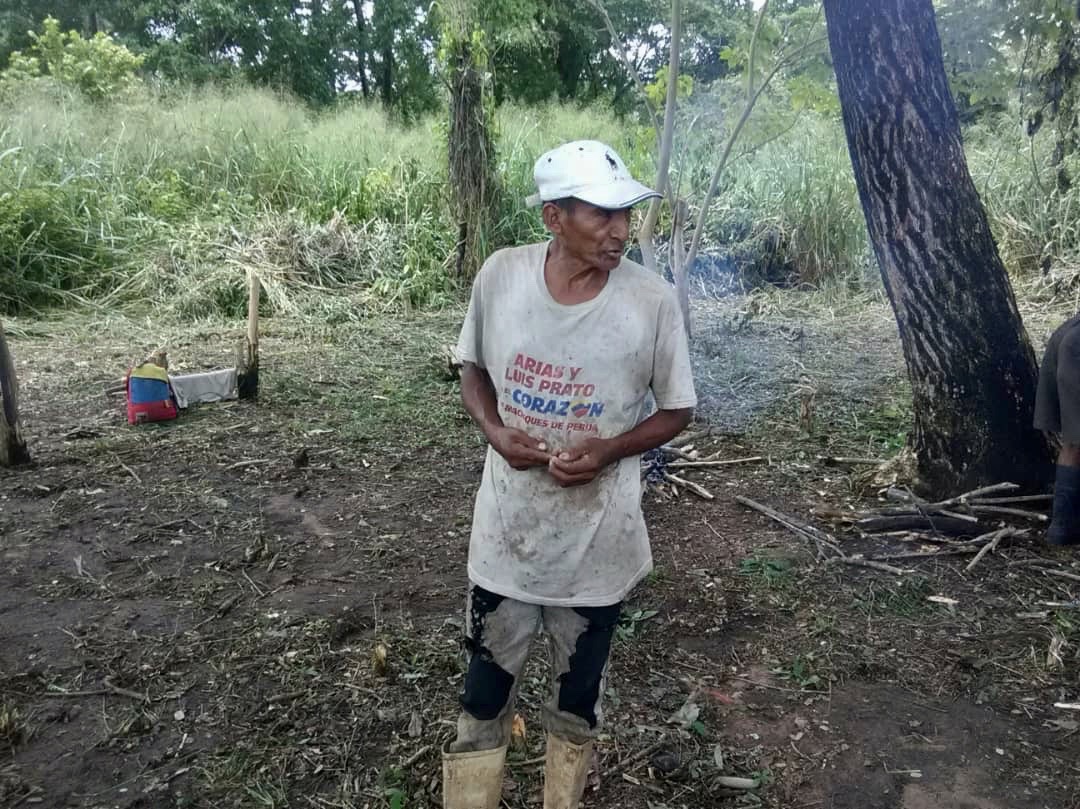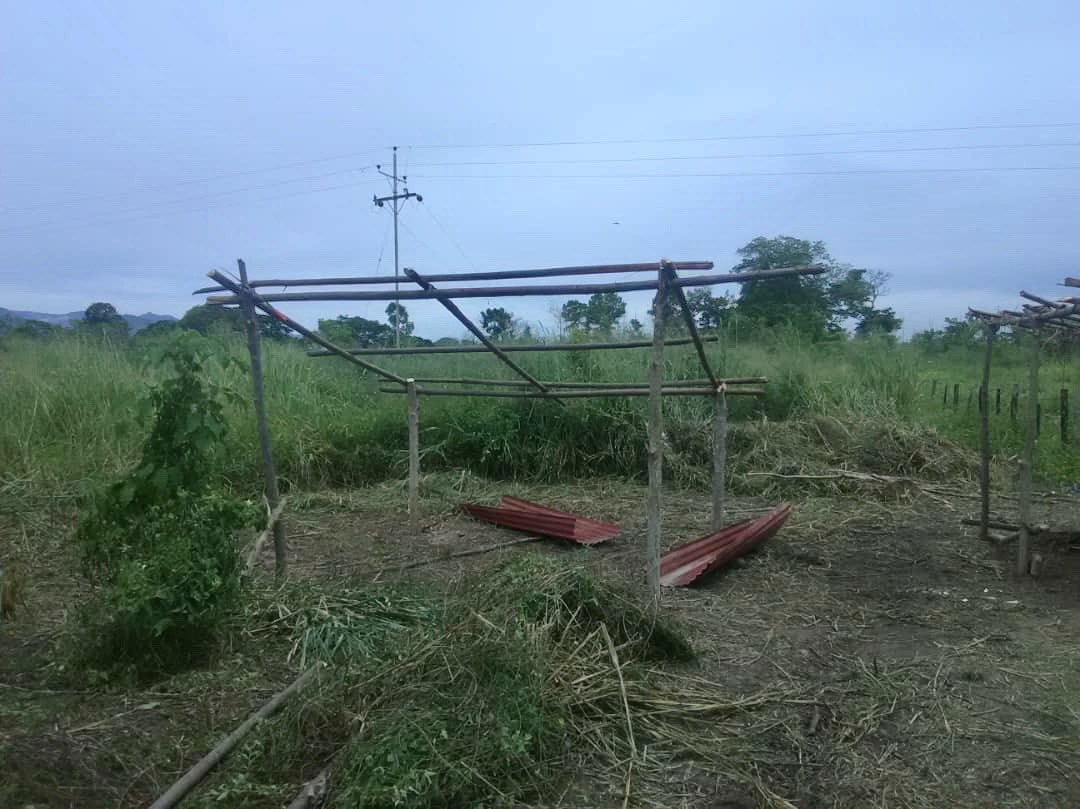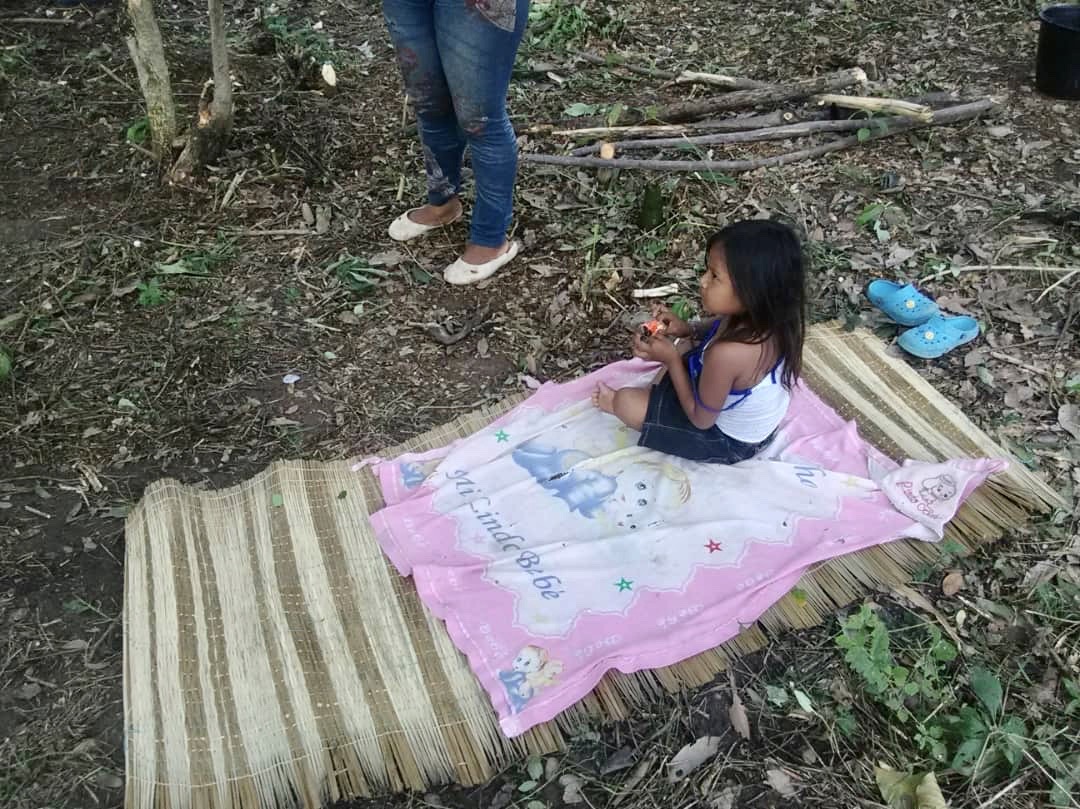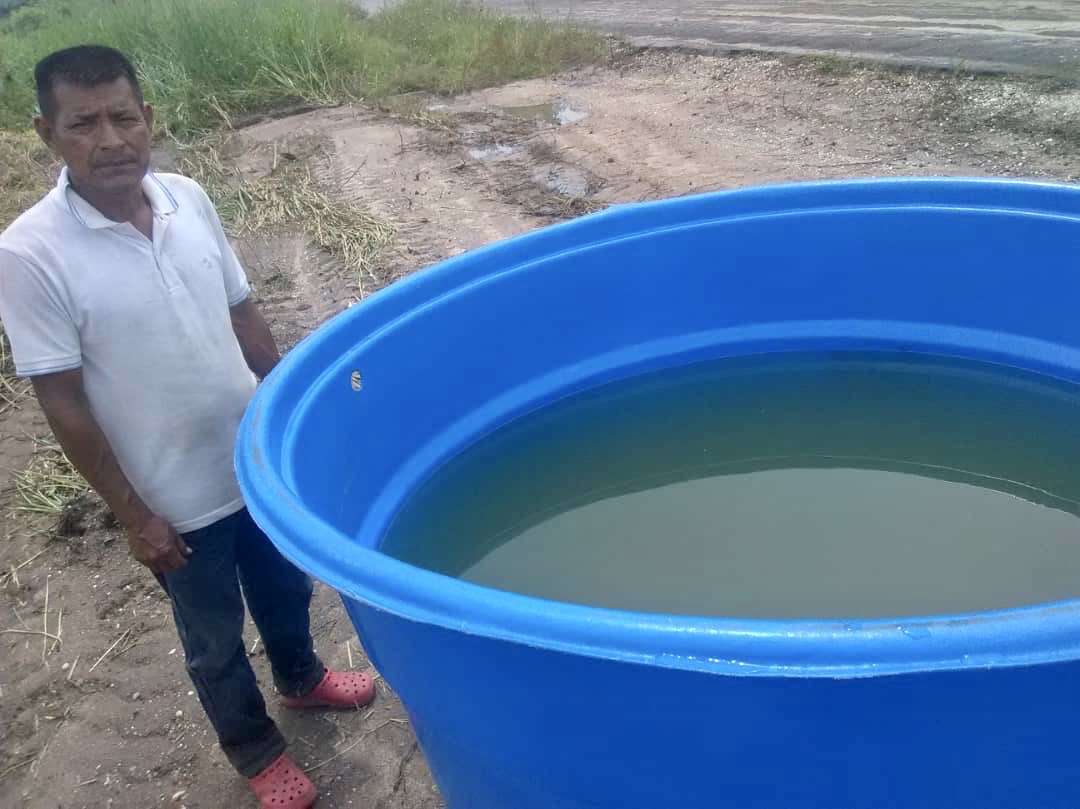Perijá, the Other Frontier of Discrimination
A new tragedy adds to the historic drama and vulnerability of the Yukpa and Barí indigenous communities, in the mountains of Zulia.


Photo: Braulio Polanco
“That’s all you do, take pictures,” says one of the homeless, as we leave. “You’re all nice and tucked in bed at night, eating dinner, while we’re here suffering.”
Although he’s the only one hostile to us, several of them look at us with indifference. It’s been over a week since the rain on Thursday, October 4th, which flooded the Kunana river on the Sierra de Perijá, on the border between Venezuela and Colombia and affected over 1,800 people, among them Yukpas and local farmers. You’ll see houses ravaged by water, huge trees pulled from their roots, trucks sunken in mud.
A three year old boy, left home alone by his mother while she went shopping without thinking of the tragedy to come, was confirmed dead. There are at least five people missing, and the fire department, along with Protección Civil, searches for bodies in the water and mud, especially where they spot scavenging birds.

Perijá, mostly Yukpa and Barí, is predominantly agricultural and has an ELN presence. Photo: Braulio Polanco
Media coverage is limited: few can reach this isolated area of the Machiques municipality, in Zulia, where indigenous people of the Yukpa and Barí tribes reside. Before the flood, these communities had been mentioned in the media recently: tens of them have died from diseases like malaria or diarrhea, as well as malnutrition. However, there are no official figures, and hospitals and outpatient clinics refuse to give information, so it’s impossible to know accurately how many people have died because of this crisis.
Good Laws, Bad Practices
Since the 1999 Constitution was approved, indigenous people were fully recognized by law: their languages are official, they are free to practice their beliefs, and the communities are in effect proprietors of their ancestral land.
However, what’s on paper and what actually happens are quite different. There was never a plan to establish borders, and today there are conflicts; indigenous jurisdiction was never respected and they’re viewed as a threat both by the state and the rest of the population, since historic prejudices have been renewed in light of the economic and humanitarian crisis. In Maracaibo, for instance, they’re seen as partners of armed groups or “bachaqueros” known for selling subsidized products, or for selling cash or fuel.

The rights of the indigenous Venezuelans were vindicated by the 1999 Constitution, but they remain mired in the precariousness of everyday life. Photo: Braulio Polanco
On these Perijá lands, which still belong to the Yukpas and Barí since they’re the demographic majority, it seems that the only right they have is the right to be forgotten. You’ll also find Wayuú indigenous communities and local farmers living off harvesting; as in many border areas in the country, guerrilla groups also inhabit these lands and, due to their strategic location, the Colombian guerrilla Ejército de Liberación Nacionall (ELN) has even purchased farms to plant coca and marijuana.
Although they have contact with foreign people—mostly with Machiques de Perijá, a town less than an hour away from the Sierra—the Yukpas and Barí have preserved a lot of their traditions. They always try to take on ancestral trades, such as arts and crafts, and in their schools most teachers belong to these people, to make sure that their traditions aren’t lost. But having contact with the criollo world has had its share of consequences for all indigenous communities (about 300,000 people) in Venezuela. Some leaders have complained about their young succumbing to the influence of criollos, getting into alcohol, drugs, and even stealing within their own communities.
Resistance Within the Resistance
After more than seven days of flooding, the victims of the Toromo basin began to build improvised homes over two kilometers away from where they used to live, “to at least have a roof over our heads.”

Some leaders have complained about their young succumbing to the influence of criollos, getting into alcohol, drugs, and even stealing within their own communities. Photo: Braulio Polanco
The Machiques Mayor’s Office gave out some boxes of food, but it wasn’t enough for every family—and it didn’t include protein. They also sent water trucks, but the water was dirty. “This is what they gave us, and what we’re drinking and eating, because we have no other choice,” Javier Romero, from the Centro Piloto Yukpa Awoja Yuatpi said, as he cooked four yuccas he was able to “rescue”.
These indigenous communities, who lived off harvesting yucca, corn, coffee, grapefruit, lemons and bananas, have lost all their crops, even though they can’t tell accurately how much they lost with the flood, according to Romero.
Ana Karina, a teacher in this community, says that on October 12th, formerly known as Día de la Raza (Venezuela’s Columbus Day), renamed Día de la Resistencia Indígena by the chavista government, they had “nothing to celebrate.”
“What are we supposed to celebrate on October 12th? That children have died, that an old man died, that we still have kids dying here?” she wondered. “We keep a resistance within the resistance.”

These indigenous communities, who lived off harvesting yucca, corn, coffee, grapefruit, lemons and bananas, have lost all their crops, even though they can’t tell accurately how much they lost with the flood Photo: Braulio Polanco
Caracas Chronicles is 100% reader-supported.
We’ve been able to hang on for 22 years in one of the craziest media landscapes in the world. We’ve seen different media outlets in Venezuela (and abroad) closing shop, something we’re looking to avoid at all costs. Your collaboration goes a long way in helping us weather the storm.
Donate




